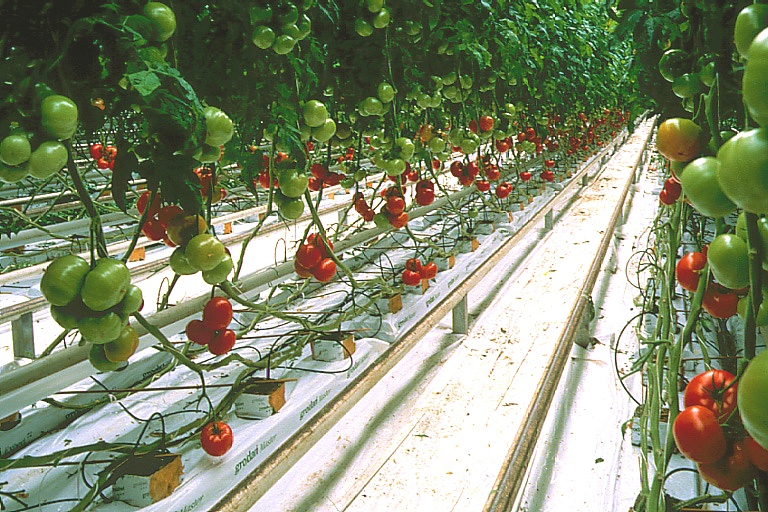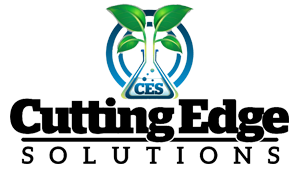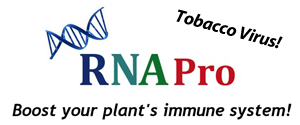
Unlike many other nations, Holland caught on quickly to the efficiency and innovation that only hydroponics can offer agriculture. Largely due to the brutal winters with little light and regular freezes, this method of growth rapidly became a primary source of major exports and a favorite for almost everyone in the agricultural industry.
A key innovator in the very beginning of serious hydroponic development, Holland initially focused on Dutch flowers in as early at the 1970′s. Even early facilities were capable of producing near-perfect blooms that quickly gained a global market. This interest in flowers grown hydroponically rapidly spiraled into an overall growth in the market and many seasoned farmers found themselves switching despite the start up costs.
This was likely largely due to, as any hydroponic enthusiast may know, the dangers surrounding traditional farming techniques, including disease, soil health, erosion, exposure, and decreased production. However, government assistance also played a major role in creating the massive market that exists today. Due to a boost in research spending following the proven viability of water-based growth, scientists from around the world then and to this day compete for massive funding or a position in their official agriculture labs. These scientists specially design the exact formula of nutrients needed for each plant, whether it be a seedling, a sprout, or almost ready for harvest. Further, these centers also offer immediate support to farmers. Private farmers need only contact the scientists to get a trained expert to come and test and examine their facilities to determine what improvements need to be made. This, of course, is next to unheard of for hydroponic facilities in the United States or even more agriculturally focused nations, and reduces the amount of failed crops to ensure the overall boom continues.
In fact, because the market is so friendly for even new farmers, the number of facilities is set to continue rising steadily as the hold outs of their agricultural industry convert.
Holland’s poor climate may have driven the initial boom, but today’s boom is all about the research standards and market growth through efficiency, setting the stage for the next innovations in nutrients, circulation, and maybe even the plants themselves!






















Recent Reviews